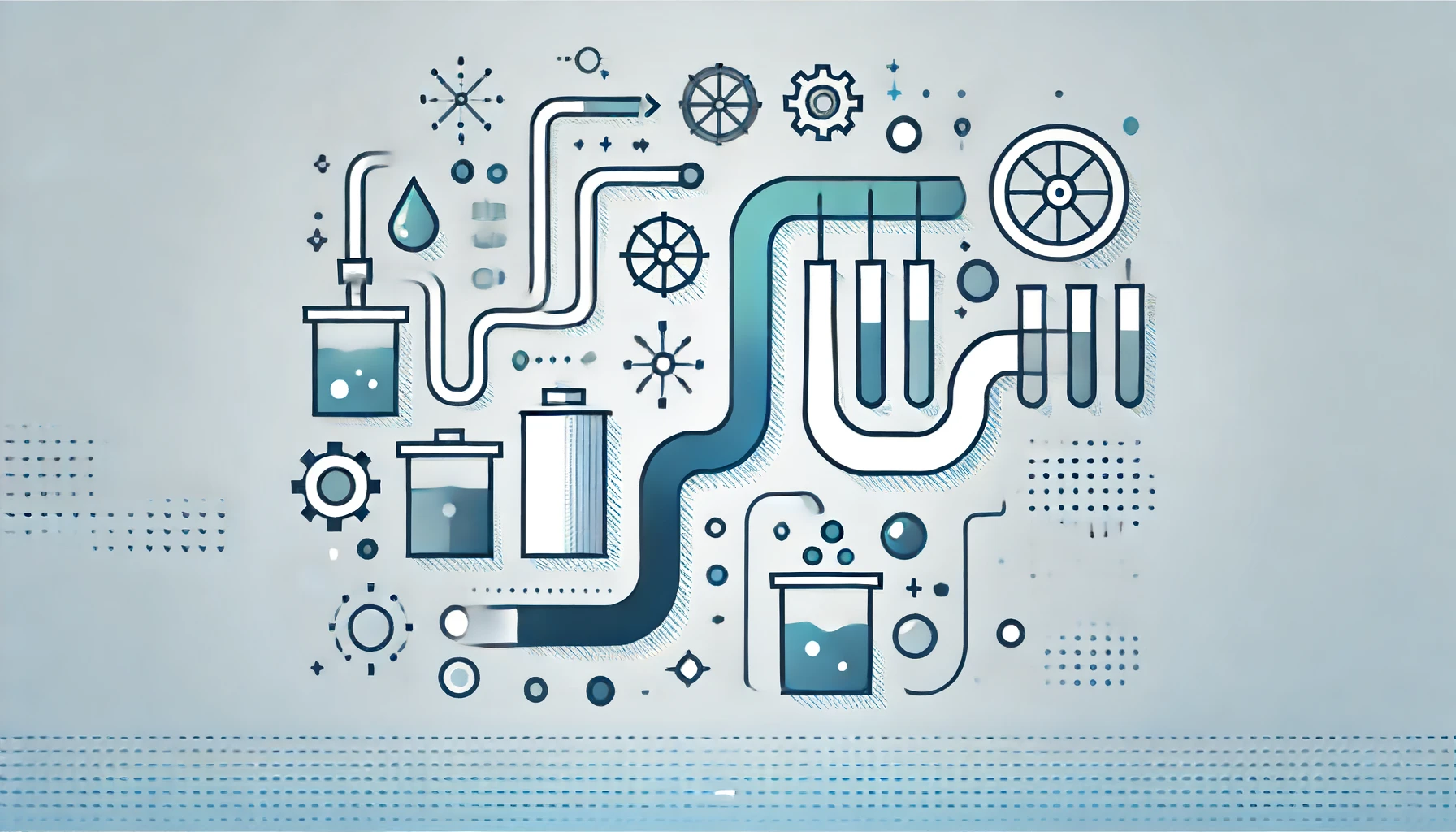In a world increasingly driven by technological advancements, the production of batteries is critical. Yet, this progress is shadowed by significant environmental concerns. Recently, BASF had to postpone the opening of a battery materials plant in Finland due to inadequate wastewater management plans. This delay highlights the broader issue of wastewater handling in battery manufacturing. Enter Aepnus Technology, a startup that proposes a revolutionary approach: recycle, rather than dispose of, this wastewater.
Aepnus’ Innovative Solution
Aepnus Technology, co-founded by chemists Bilen Akuzum and Lukas Hackl, aims to create a circular economy for key materials used in battery manufacturing. The problem at hand involves wastewater containing sodium sulfate, a byproduct from using sulfuric acid and caustic soda in the production process. Rather than viewing this as waste, Aepnus sees an opportunity.
“We can totally create a circular economy around these reagent chemicals,” Akuzum shared. The company leverages a modernized version of the chloralkali process, a method over a century old, to break down sodium sulfate back into its component acids and bases using electrolyzers. Unlike traditional methods that rely on costly metals to expedite reactions, Aepnus’ electrolyzers operate without expensive catalysts, making the process more cost-effective and environmentally friendly.
From Idea to Implementation
The idea for Aepnus emerged somewhat serendipitously. While exploring lithium mining operations in California and Nevada, Akuzum and Hackl realized that while solutions for lithium extraction existed, dealing with the resultant waste products posed a significant challenge. This insight spurred their innovation: refining existing technology to recycle waste into usable raw materials for the same facilities.
Their solution involves shipping half-scale models of their electrolyzers to various customers for testing on their specific wastewater streams. This adaptability is crucial, as the contaminants in wastewater can vary from site to site. Once contaminants are filtered out, the electrolyzers effectively remove sodium sulfate, regenerating valuable chemicals on-site.
Broader Implications and Future Prospects
For industries reliant on battery production, fully recycling sodium sulfate waste can lead to substantial cost savings. This is particularly beneficial for remote mining operations, reducing both material costs and transportation expenses. Akuzum highlights the efficiency, stating, “Rather than mining operations purchasing these chemicals and getting them trucked in from very long distances, we can regenerate those chemicals onsite from the waste.”
Aepnus is already making significant strides, with over 15 customers in various stages from feasibility studies to testing pilot-scale equipment. The startup recently secured an $8 million seed round to further its mission, led by Clean Energy Ventures with contributions from several notable funds.
Expert Commentary
From my point of view, Aepnus’ approach addresses a critical gap in the battery manufacturing industry. The environmental concerns associated with wastewater are not only a regulatory hurdle but also a financial burden. By turning waste into a resource, Aepnus offers a sustainable and economically viable solution. This not only aligns with the growing emphasis on environmental responsibility but also positions the company as a pioneer in the field.
However, challenges remain. Scaling up from pilot projects to full commercial production will require overcoming technical and logistical hurdles. The success of their commercial-scale electrolyzers will be pivotal. Furthermore, market acceptance and regulatory approvals will play crucial roles in determining the widespread adoption of this technology.
As I see it, Aepnus has the potential to redefine waste management in the battery manufacturing sector. Their innovative approach could set new standards, driving both environmental sustainability and operational efficiency. The coming years will be crucial as they transition from concept to widespread implementation. If successful, Aepnus could indeed mark a significant milestone, not just for the U.S., but for the global battery industry.






